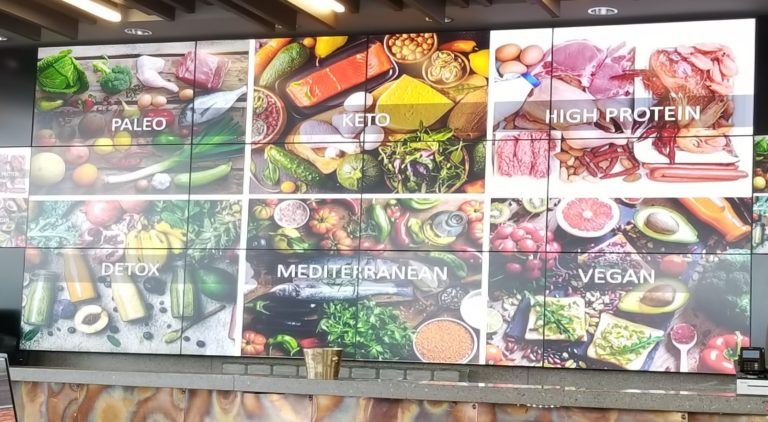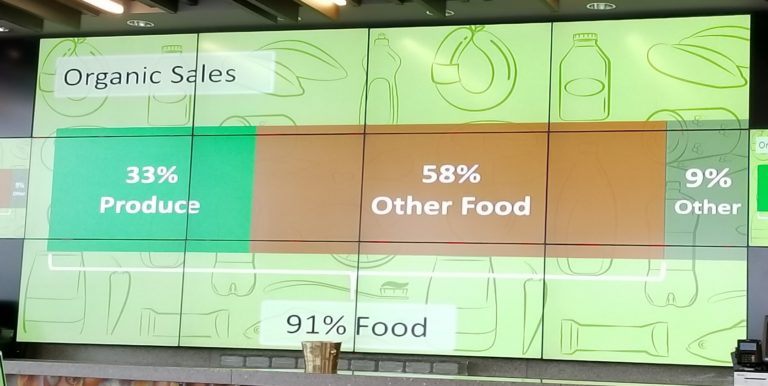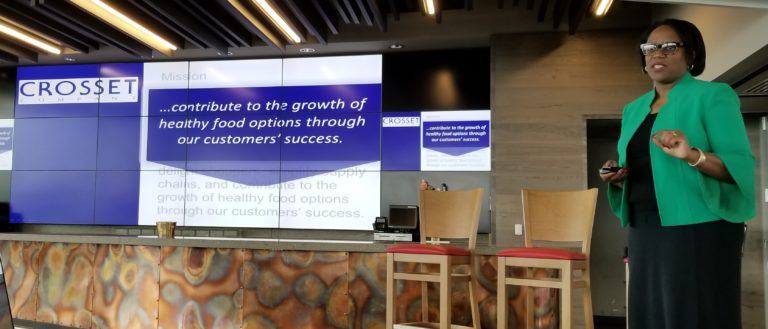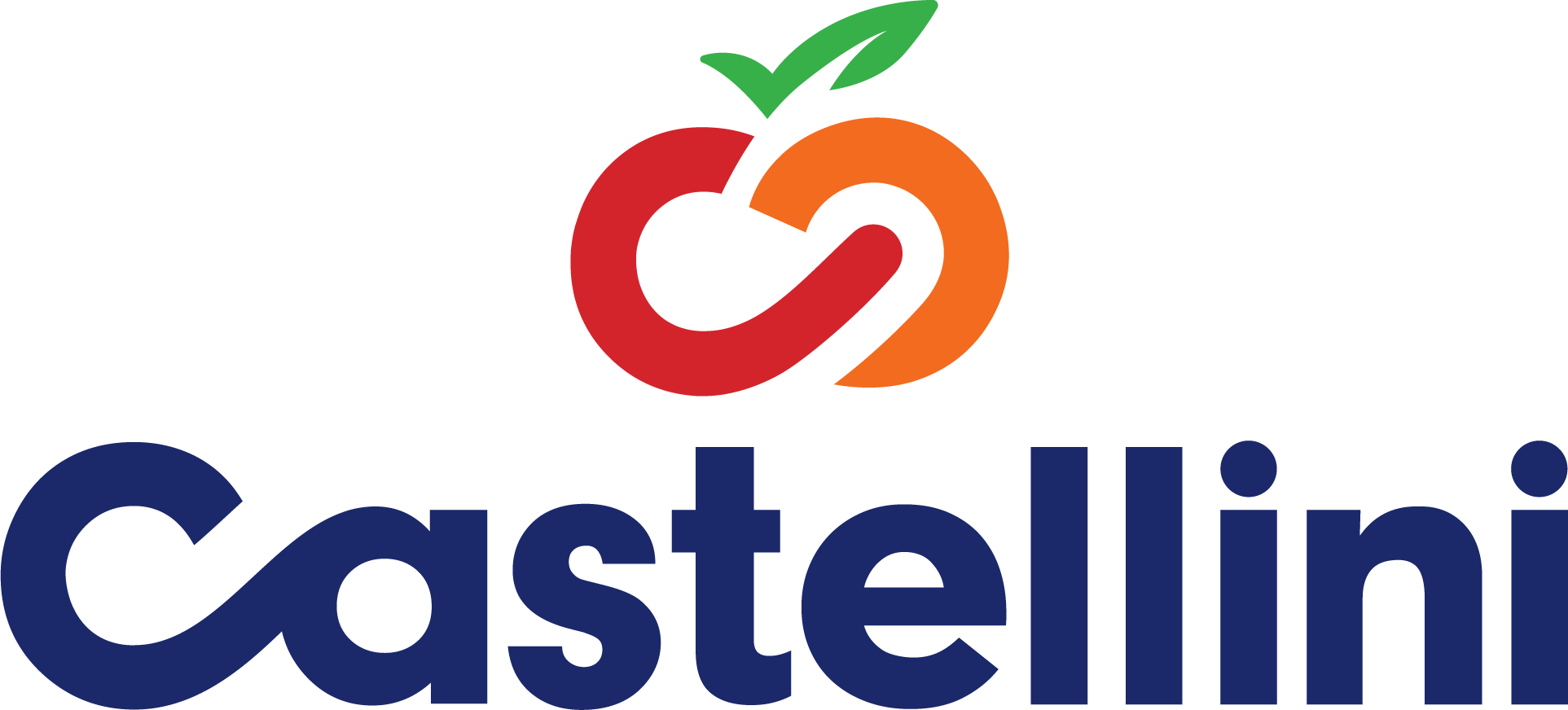
Eating produce is the easiest thing we can do to stay healthy. Yet despite an abundance of options and broadscale access, we are still are not eating enough. Therein lies the Produce Paradox.
How do we breakout of this paradox? According to Lauren Scott, Chief Marketing Officer for the Produce Marketing Association (PMA), we do so by making it an essential part of the total food consideration set. “We are in the food business,” she said. “Not the produce business.”
Speaking at the Crosset Company Annual Produce & Floral Conference on August 22, Lauren shared trends, new consumer insights, and the impact of culture on the potential for produce growth in “Driving Demand in a Digital Culture”. She highlighted five “uber trends” that are converging to create new opportunities for increased produce consumption:

Healthy living: not just healthy eating, but a focus on wellness that leads to a vibrant, active lifestyle
Ethical living: sustainability, transparency, and business practices are impacting buying decisions
Premiumization: demonstrated willingness to pay more for high quality products that support healthy, ethical living
Globalization: new flavor profiles, taste experimentation, and the fusion of ethnic cuisines as consumers live and travel around the world.
Shopping Reinvented: consumers want convenience, customization, and instantaneous access…what they want, when they want it, and how they want it.

Mindful eating and self-care through personalized “diets” that are flexible and balanced have led to the emergence of “food tribes” … lifestyles built around paleo, keto, Mediterranean, vegan, detox, flexitarian, and/or other menus, many of which are produce-centric.

At the same time, a digital corporate culture is emerging, characterized by risk taking, collaboration, agility, customer obsession, and transparency. Produce companies that adopt a digital culture and move beyond inherent nutritional value to communicating the relevance of produce to a vibrant, healthy, active lifestyle will begin to overcome the Produce Paradox.

Lauren also noted that, for the first time ever, organic produce is being sought after by five generations at the same time, suggesting that the organic consumer base is no longer “just a niche of tree-huggers,” but essentially “everyone with lips.”

As produce takes a bigger share of mind, plate, and stomach, it’s incumbent upon those of us in the supply chain to consistently deliver deliciousness, quality, freshness, and a broad assortment that is always in stock. Need help optimizing your produce offering? Let’s talk. Our mission is to deliver fresher, delight shoppers, simplify supply chains, and contribute to the growth of healthy food options through our customers’ success.
